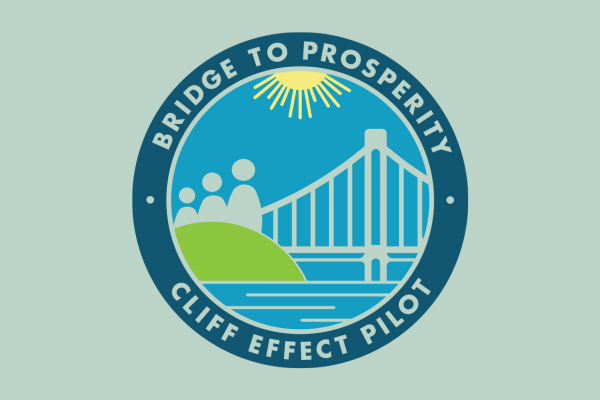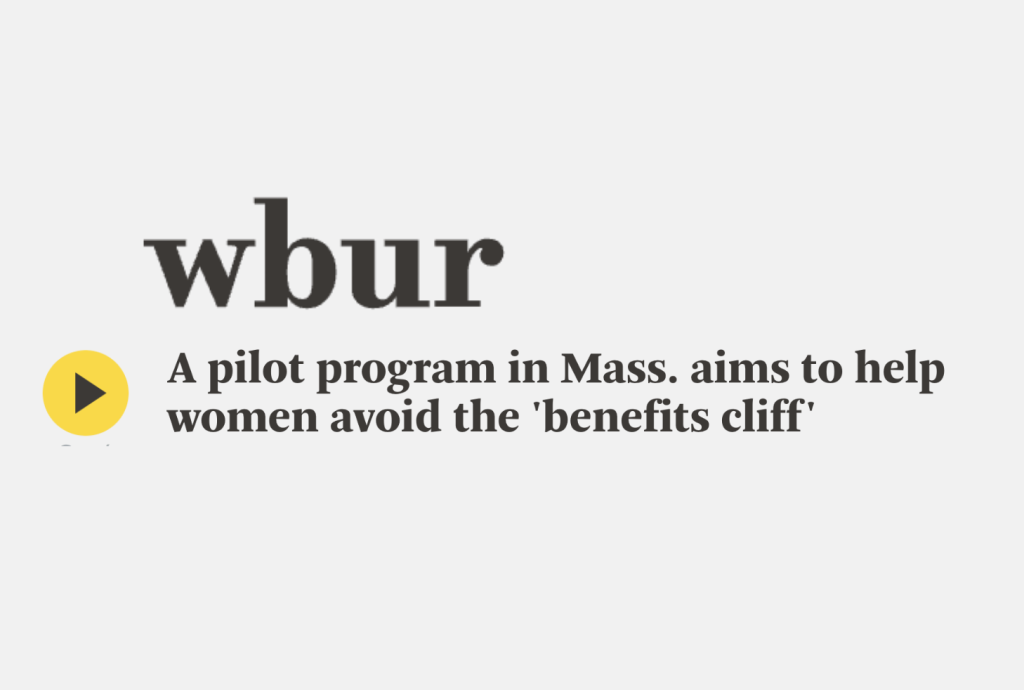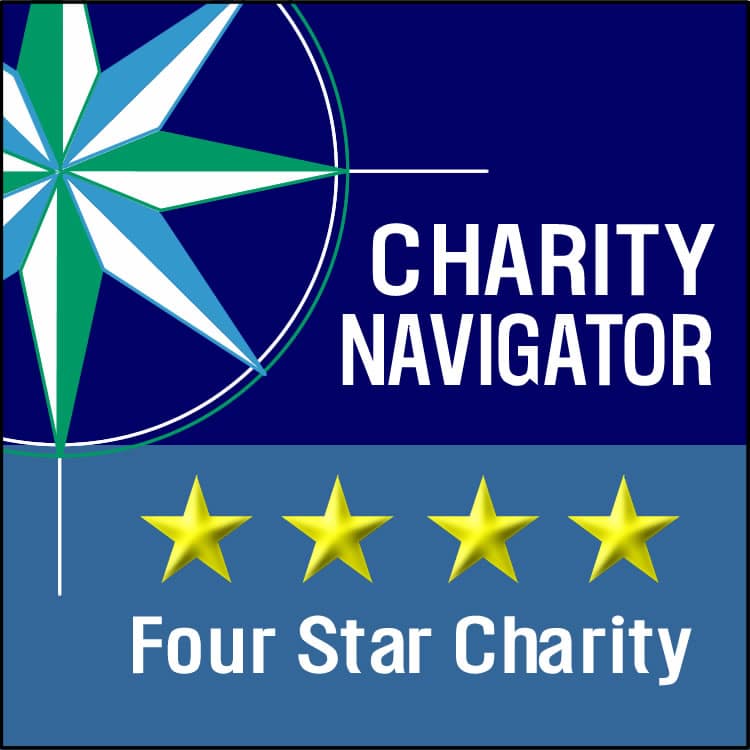Bridge to Prosperity: Cliffs Pilot Program
The Bridge to Prosperity, led by Springfield WORKS, is a collaborative pilot program that will serve as a blueprint for a new approach to social safety net policy, addressing “benefit cliffs” that trap families in lower-paying jobs, dependent on social safety net programs.
The 3-year pilot will evaluate the impact of direct cash “bridge” payments that make up for the value of lost benefits for up to 100 participants as they climb the income ladder, while receiving job training and financial coaching.
After successful completion of the Pilot, participants will be eligible for a $10,000 bonus to put them on track for longer-term financial health. Participants will be recruited from employer partners in Springfield, Worcester, and Boston, providing a career pathway to financial freedom.
This pilot will evaluate the impact of direct cash “bridge” payments combined with job training and financial coaching. The ultimate goal is to help individuals climb the income ladder and successfully transition off of reliance on public benefits. This model not only saves public money in the long-term, but also addresses key employment gaps in sectors like healthcare and education.
Program Goals
- Directly impact participant families by helping them to transition off of public assistance and learn a career that pays a living wage.
- Build capacity among employers and workforce agencies to create career pathways and improve retention.
- Serve as a model for broader systems change, demonstrating success in a “hand up” program aimed at improving the lives of program participants/recipients of public assistance.
What is the "cliff effect"?
The Cliff Effect occurs when families’ income increases enough that they lose eligibility for public assistance supports like food, childcare, and housing, but not enough to afford these on their own, leaving families worse off with less overall income. It causes people to turn down raises and promotions so they can qualify for support with childcare or housing. This issue can perpetuate family poverty for generations.
Assistance programs for critical needs such as food, housing, and childcare often come with means tested requirements, dropping off after a certain income. While this is intended as a progressive measure to ensure that those who need the help are the ones getting it, there are unintended outcomes that trap individuals and families in lower-paying jobs, potentially losing more in benefits than they gain in income.
What does this look like for families?
According to the UMass Boston Center for Social Policy, for a single parent with two young children in Massachusetts, higher earnings can trigger a decrease in net resources when the parent earns between $15/hour and $24.50/hour, creating a barrier to upward mobility. These unintended gaps in the social safety net are often referred to as “benefits cliffs” or “cliff effects.”
In Collaboration with:

The Boston Foundation is providing financial support to help address the cost of living gap for Boson participants.
Read More about Benefit Cliffs and Bridge to Prosperity:
- Cliff Effects One-Pager by Women’s Money Matters
- Cliff Effects Pilot Slideshow by Women’s Money Matters and Springfield Works
- The Road to the Cliff Edge by Marija Bingulac, Caitlin Carey, and Susan Crandall / The Work of the Center for Social Policy and the On Solid Ground Coalition
- A Hand Up, Not A Handout, To Cross The Benefits Cliff by By Gabriella Chiarenza, Fed Communities











